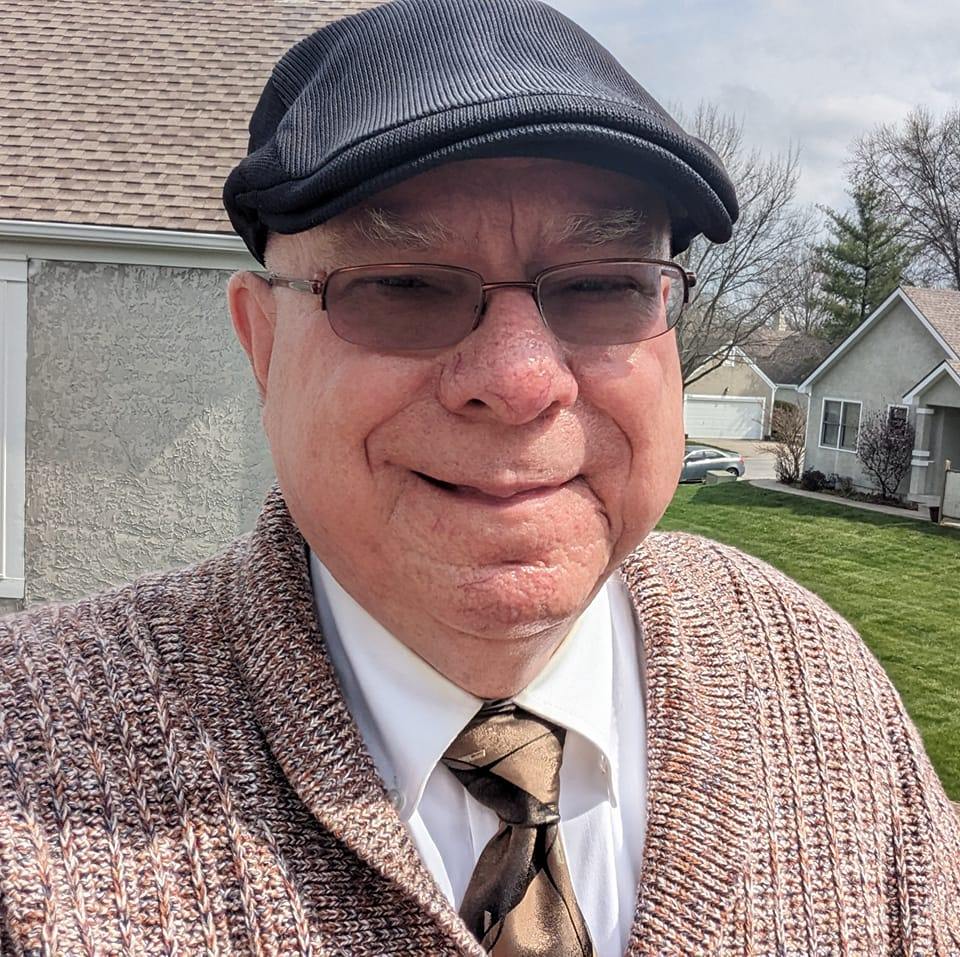
What do you do when you see someone holding up a sign, “Will Work for Food”? Do you roll down your window and give them money? Do you pretend you didn’t see them?
Nobody likes to be confronted by the homeless – their needs often seem too overwhelming – but we all want to treat them fairly and justly. Here are some simple guidelines to equip you to truly help the homeless people you meet:
1. Never give cash to a homeless person
Too often, well intended gifts are converted to drugs or alcohol – even when the “hard luck” stories they tell are true. If the person is hungry, buy them a sandwich and a beverage or give them a restaurant gift certificate.
2. Talk to the person with respect
Taking time to talk to a homeless person in a friendly, respectful manner can give them a wonderful sense of civility and dignity. And besides being just neighborly, it gives the person a weapon to fight the isolation, depression and paranoia that many homeless people face.
3. Recognize that homeless people (and their problems) are not all the same
The homeless are as diverse as the colors of a rainbow. The person you meet may be a battered women, an addicted veteran, someone who is lacking job skills…the list goes on.
4. Share God’s love whenever you can
If Jesus were walking the earth today, He would certainly spend time with the homeless. He would speak with them, heal them, and help them. Today, Jesus chooses to work through those who believe and follow Him.
5. Pray for the homeless
Exposure to the elements, dirt, occasional violence, and lack of purpose all drain years from a person’s life. God can use your prayers and the brutality and the futility of life of the street to bring many of the broken to Himself.
6. Take precautions for your own safety
Some living on the streets are criminals and fugitives running from the law. Always be prudent while talking with street people. Stay in areas where other people can see you. Don’t take unnecessary chances.
7. Encourage the homeless to get help at an AGRM-affiliated Rescue Mission
Every day across North America, missions that are affiliated with the Association of Gospel Rescue Missions strive to demonstrate Christ’s love and compassion by offering essential physical, emotional, and spiritual services to people in need. They provide a variety of services that include: shelter for for men, women and children, food, clothing and household goods distribution and other community services. Additionally, many offer help in specialized programs for abused women, homeless people who struggle with mental illness, recent immigrants, at-risk youth and those who are working to overcome addictions and other life-controlling issues.
8. Support Your Local Rescue Mission
Most rescue missions do not receive government money or large grants to maintain their services. If you are looking for a place to volunteer where you can really make a difference, your local rescue mission is such a place. For their on-going expenses, rescue missions depend on financial support from caring individuals, churches, businesses, and civic groups who see the value of sharing their resources with the less fortunate. If you are looking to make a wise investment for your year end giving, you can make a donation with confidence to one of the AGRM-affiliated missions.

 One of the surest signs that addicts are moving toward recovery is the return of their emotions. Once active use stops, their feelings are allowed to rise to the surface, often for the first time in many, many years. This period can be one of the most exciting — and one of the most dangerous — of early recovery. Without proper support, it is easy to fall back on their drug of choice to bring things ‘back under control.” Additionally, even if they don’t go back to intoxicants, there is also a concern that they might engage in other compulsive activities in order to circumvent the difficult process of returning to emotional health.
One of the surest signs that addicts are moving toward recovery is the return of their emotions. Once active use stops, their feelings are allowed to rise to the surface, often for the first time in many, many years. This period can be one of the most exciting — and one of the most dangerous — of early recovery. Without proper support, it is easy to fall back on their drug of choice to bring things ‘back under control.” Additionally, even if they don’t go back to intoxicants, there is also a concern that they might engage in other compulsive activities in order to circumvent the difficult process of returning to emotional health. How do we properly cope with the emotional distress that some staff members experience when called upon to dismiss residents for violating recovery program rules?
How do we properly cope with the emotional distress that some staff members experience when called upon to dismiss residents for violating recovery program rules?

